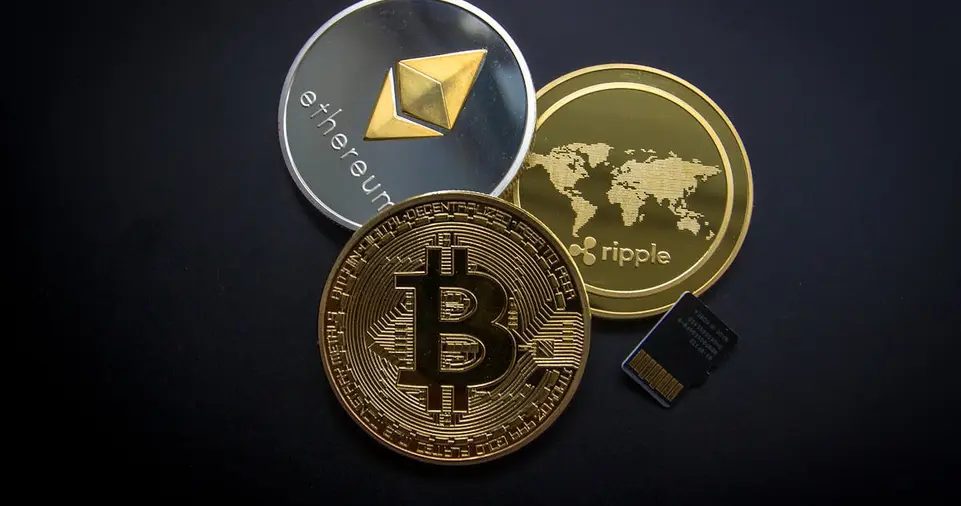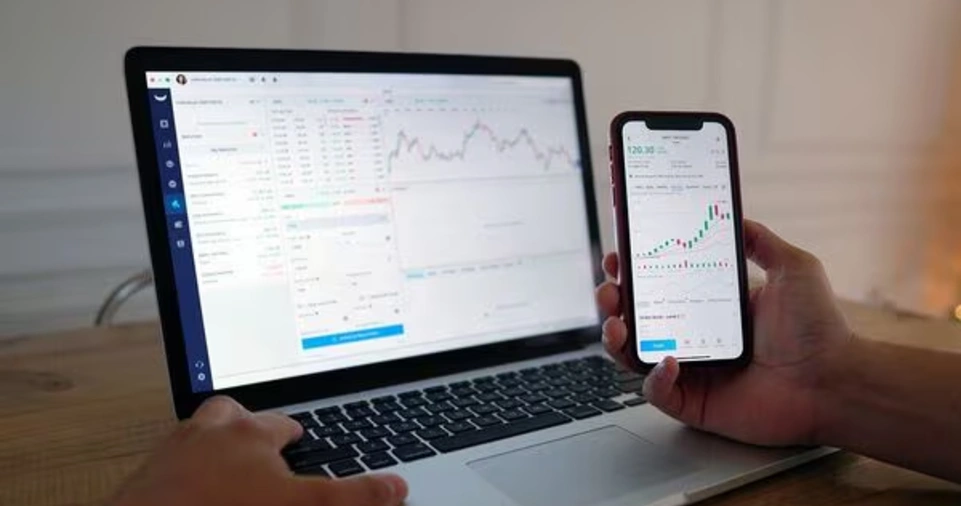Selecting a secure crypto exchange is one of the most critical steps for anyone entering the world of crypto trading.
With countless platforms available, choosing the right one can feel overwhelming, especially for beginners.
This guide outlines essential factors, including security, regulation, fees, and usability, to help you identify a reliable exchange and ensure your trading experience is safe and efficient.
Why Choosing a Secure Crypto Exchange Matters
Cryptocurrency is inherently decentralized, which brings unique risks and challenges. Unlike traditional banks, crypto transactions are irreversible, and losses due to hacks or scams are often permanent.
Selecting a secure crypto exchange reduces your exposure to these risks, protects your funds, and ensures a seamless trading experience.
Key Factors to Consider When Choosing a Crypto Exchange

Security and Regulation
The security of your funds should be a top priority. Look for exchanges that implement the following:
- Two-Factor Authentication (2FA): Adds a second layer of security to your account.
- Cold Storage: Ensures that the majority of funds are stored offline, out of reach of hackers.
- Encryption Protocols: Protects sensitive user data.
- Regulatory Compliance: A regulated exchange adheres to industry standards and legal requirements, reducing the likelihood of fraud or legal complications.
Example: Coinbase and Gemini are highly regulated platforms that prioritize security, offering insurance for funds stored online.
Security Feature Comparison Table
| Feature | Description | Importance |
|---|---|---|
| Two-Factor Authentication | Requires an additional verification step for logins. | High |
| Cold Storage | Stores funds offline to prevent hacking attempts. | Very High |
| Encryption Protocols | Protects user data and sensitive information. | High |
| Insurance Coverage | Reimburses users in case of exchange security breaches. | Medium to High |
Reputation and Track Record
Research the exchange’s reputation before committing:
- User Reviews: Explore feedback on platforms like Reddit, Trustpilot, or specialized crypto forums.
- Community Feedback: A strong community presence often indicates reliability.
- Security History: Avoid exchanges with a history of frequent breaches or unresolved issues.
Supported Crypto-Assets
Different exchanges support varying crypto-assets. Consider the following:
- Ensure that the exchange offers the crypto-assets you intend to trade (e.g., Bitcoin, Ethereum, or other altcoins).
- Highly Regulated Exchanges: These might list fewer assets due to stringent vetting processes, but this ensures lower risks of scams or “rug pulls.”
Liquidity
Liquidity ensures you can buy or sell crypto-assets without significant price changes. High liquidity:
- Reduces Slippage: Ensures transactions occur at expected prices.
- Faster Transactions: Facilitates smooth buying and selling processes.
Large exchanges like Binance and Kraken typically have better liquidity due to their high trading volumes.
User Interface and Experience
An intuitive interface is essential, particularly for beginners. Look for:
- Ease of Navigation: Simple layouts that make trading straightforward.
- Mobile Compatibility: Many platforms offer mobile apps for on-the-go trading.
- Educational Resources: Tutorials and guides can assist beginners in understanding trading basics.
Fees and Charges
Crypto exchanges charge various fees, including:
- Trading Fees: Typically a percentage of each transaction (e.g., 0.1%-0.5%).
- Deposit/Withdrawal Fees: Fees for transferring funds into or out of the exchange.
- Tiered Fees: Many exchanges offer discounts for high-volume traders.
Pro Tip: Watch out for hidden fees or excessively high charges, which can reduce your overall profits.
Customer Support
Responsive customer support is crucial for resolving issues. Check if the platform offers:
- Multiple Support Channels: Email, live chat, or phone support.
- Quick Response Times: Prompt support is vital during critical moments.
- Knowledge Bases: Comprehensive FAQs and guides can be invaluable for troubleshooting.
Geographical Restrictions
Some exchanges limit their services based on location. When choosing an exchange:
- Ensure it operates in your country or region.
- Look for platforms that provide localized language support and comply with local regulations.
Trading Tools and Features
Advanced traders may require tools such as:
- Charting Tools: For in-depth market analysis.
- Order Types: Options like stop-loss, take-profit, or limit orders.
- Margin Trading: Allows users to trade with leverage.
Make sure the exchange offers the tools and features necessary for your trading strategy.
Transparency and Reporting
Transparency builds trust. Look for exchanges that:
- Publish regular reports on trading volumes.
- Conduct external audits to verify asset holdings.
- Provide financial statements for user review.
Steps to Choose the Right Exchange

- Research Multiple Options: Compare three or more exchanges based on the criteria above.
- Test the Platform: Many exchanges allow you to explore their interface before depositing funds.
- Start Small: Begin with a small investment to test the exchange’s services.
- Enable Security Features: Activate 2FA and other available security measures.
Popular Crypto Exchanges Comparison
| Exchange | Regulation | Security Features | Ease of Use | Liquidity | Fee Structure |
|---|---|---|---|---|---|
| Coinbase | Regulated (US) | 2FA, cold storage, insurance | Beginner-friendly | High | Trading: 0.5%, others vary |
| Binance | Partially Regulated | 2FA, anti-phishing, cold storage | Easy to moderate | Very High | Trading: 0.1%, low fees |
| Kraken | Regulated (US) | 2FA, cold storage, insurance | User-friendly | High | Trading: 0.16%, others vary |
| Gemini | Regulated (US) | 2FA, cold storage, insurance | Beginner-friendly | Moderate | Trading: 0.25%, others vary |
Additional Tips for Beginners
Understanding Crypto Wallets
Consider using a cold wallet to store your assets securely. Avoid leaving large amounts on exchanges.
Avoiding Scams
Be wary of phishing attempts, Ponzi schemes, and fake exchanges. Always double-check URLs and official sources.
Diversifying Investments
Avoid investing all your funds in a single cryptocurrency to reduce risk.
Staying Updated
Crypto markets are highly volatile. Regularly follow market news and updates to make informed decisions.
Conclusion
Selecting the right crypto exchange is a critical step in your cryptocurrency journey.
By considering security measures, regulatory compliance, reputation, fees, and user experience, you can choose an exchange that meets your needs and protects your investments.
With platforms like Coinbase, Binance, Kraken, and Gemini offering robust security and beginner-friendly features, you’re well-equipped to begin your crypto journey confidently.
Follow the tips provided in this guide to trade securely and navigate the dynamic world of cryptocurrencies successfully.
Happy trading!











